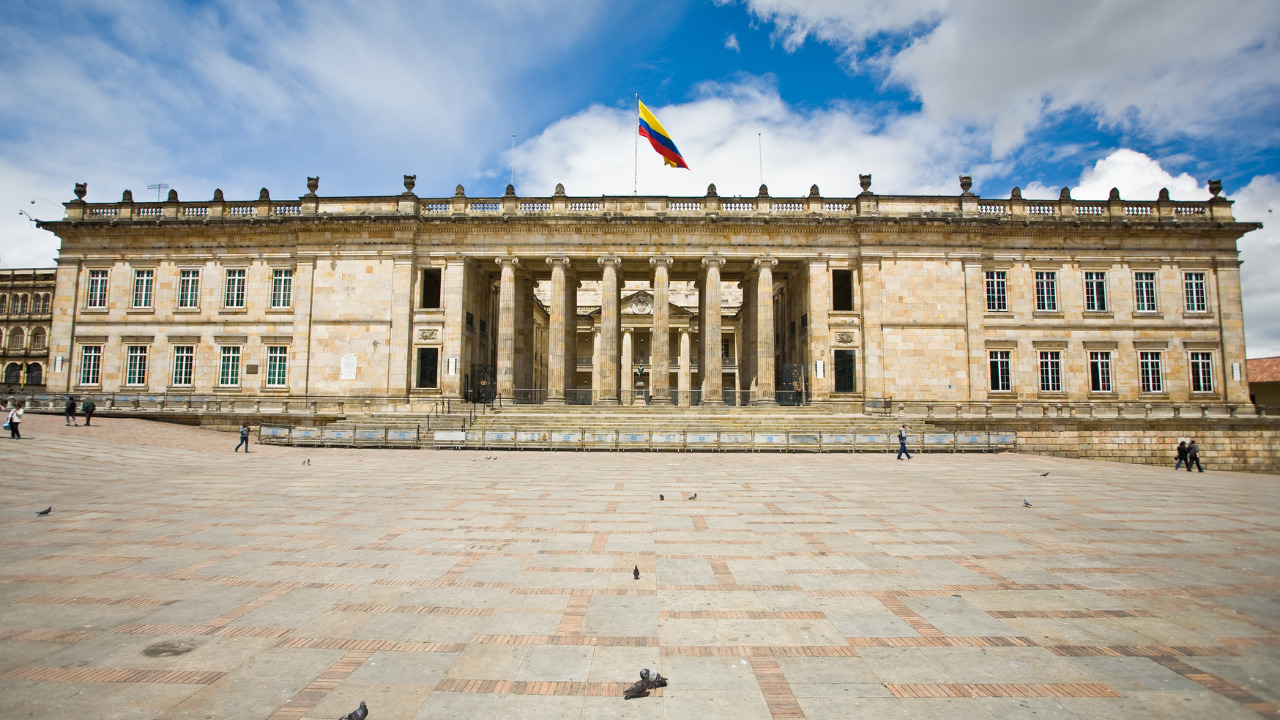Date first published: 30/06/2022
Key sectors: all; oil and gas; mining
Key risks: policy continuity; political stability; economic and business risks; governability
Risk development
Former M-19 guerrilla Gustavo Petro will become the country’s first leftist president on 7 August. On 19 June he won a tight presidential runoff – 50.4 per cent to 47.3 to per cent – against businessman Rodolfo Hernandez, who conceded to what were assessed to be free and fair elections. Petro secured over 11.3m votes – the highest number for a president in the country’s history – and has vowed to be true to his promises of change. How far will he be able – and willing – to go?
Why it matters
Petro’s victory is a clear demonstration of growing demands for – at least in principle – radical change in the region’s political and policy landscape. Colombia is far from being a pioneer in the trend, which has also been recently observed in Mexico, Chile and Peru, with Brazil likely following the same path after the upcoming 3 October elections: an anti-incumbent vote with a marked shift towards the left. In Colombia’s case this will have significant domestic and international implications.
On the domestic front, policy and regulatory changes including in key sectors such as the extractive industries should be expected. Petro’s campaign promises have been radical – including banning new oil and gas projects and open-pit mining. Congressional alliances and the relationship with state institutions will be key to assess the depth of Petro’s governability challenges – his Historic Pact coalition will hold only 15 per cent of seats in the Senate and the Chamber of Representatives. The fact that on 23 June he secured a congressional alliance with the Liberal Party means at least two things: first, Petro is ready to embrace a conciliatory approach to avoid legislative gridlocks. Second, such alliances might force him to grant concessions and water down his reform drive – a move which could in turn alienate him from his electoral base.
On the international front, bilateral ties with neighbouring Venezuela and with the United States (US) will be under the spotlight. Petro has vowed to restore diplomatic ties with Venezuela, with the border between the two countries likely to be reopened shorty after the new administration is sworn in. Regional dynamics are therefore set to change, with Colombia’s incoming president likely to try to position himself as the regional leader of the left. Petro’s potential change of tack vis-á-vis coca eradication programmes – which he has vowed to end – and the overall fight against organised criminal groups is expected to impact long-standing security cooperation with the US. Petro is unlikely to completely antagonise one of Colombia’s main allies, but might demand a turn in the relationship, while stoking concerns over the future of the free trade agreement signed with the US in 2012.
Background
Petro is not a newcomer. He had already run for president twice and he is a former mayor of Bogota. The conciliatory approach observed since the runoff indicates that he is aware of the need to secure as much political capital as possible to ensure governability while remaining true to one of the main causes that granted him the presidential victory – the populace’s vote against traditional parties.
Risk outlook
Colombia should brace for change. Petro will nevertheless face governability challenges that will likely force him to balance with reviews of some of the most radical reform proposals. It will not be a straightforward turn.

